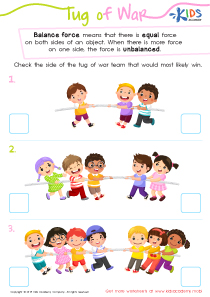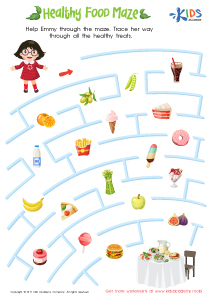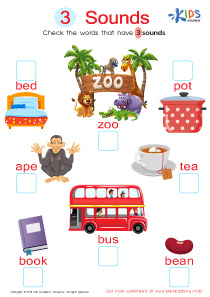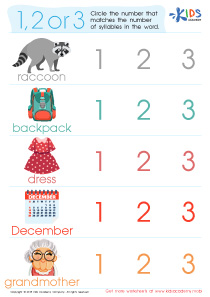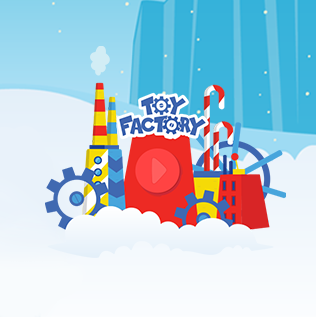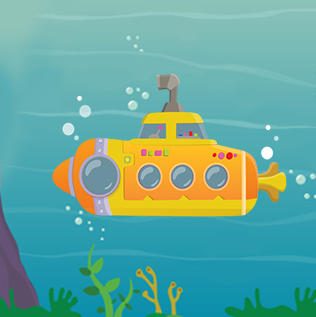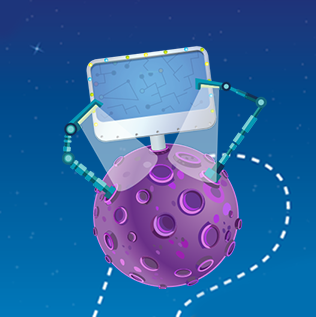Logic and Early Math Lessons for 3-Year-Olds
100 results
Introducing our vibrant "Logic and Early Math for 3-Year-Olds" program, designed to spark the joy of learning in your little ones! Tailored specifically for preschool minds, this course blends engaging interactive worksheets, captivating educational videos, and fun assessment quizzes to create a comprehensive learning experience. Children will explore foundational math concepts and develop critical thinking skills through playful activities that encourage exploration and curiosity. Perfect for nurturing young intellects, our program sets the groundwork for future academic success. Dive into the world of numbers and patterns with our Logic and Early Math lessons, and watch your 3-year-old's understanding and confidence grow!
In today’s rapidly evolving educational landscape, foundational skills acquired at an early age can set the stage for lifelong learning and success. Specifically, introducing Logic and Early Math to 3-year-olds can ignite a passion for problem-solving, critical thinking, and numerical understanding. These lessons, especially when crafted to be engaging and interactive, offer a multitude of benefits that can enrich a child’s academic journey from the very beginning.
Logic and Early Math for 3-Year-Olds encapsulate a curriculum designed meticulously with the developmental stages of young learners in mind. This program harnesses the natural curiosity of children and guides it towards the building blocks of logical reasoning and basic mathematical concepts. At this tender age, children are sponges for information, absorbing and learning from everything around them. By channeling this innate ability through structured lessons, we can provide them with a robust foundation in critical areas that will serve them throughout their educational career and beyond.
The lessons within the Logic and Early Math for 3-Year-Olds program are curated to be as interactive as possible. This interactivity is not just a means to retain the attention of young learners but is a critical component in fostering an active learning environment. Interactive worksheets are a staple of this program, offering a hands-on approach to learning that enhances engagement. These worksheets are designed to be visually appealing and intuitive, allowing children to explore concepts such as shapes, patterns, numbers, and basic operations in a manner that feels like play.
Moreover, the inclusion of educational videos in the curriculum adds another dimension to the learning experience. These videos can bring to life abstract concepts, making them accessible and understandable to young minds. Through stories, songs, and colorful animations, children can learn about logic and math in a way that entertains as much as it educates.
Assessment quizzes play a crucial role in the Logic and Early Math for 3-Year-Olds program. These are not your standard tests but are instead fun, interactive challenges that allow children to apply what they've learned in a low-pressure setting. These assessments help educators and parents gauge a child’s understanding and progression, offering insights on areas where the child excels or may need additional support.
The advantages of introducing Logic and Early Math to 3-year-olds through this comprehensive program are manifold. Not only does it prepare children for the more structured learning environment of kindergarten and beyond, but it also instills in them a love for learning. By making logic and math fun and accessible, we are opening a world of intellectual exploration and confidence in problem-solving that they will carry with them.
In essence, the Logic and Early Math for 3-Year-Olds program is more than just an educational curriculum. It is a launchpad for developing young minds, equipping them with the tools they need to navigate their academic paths successfully. By investing in such foundational learning, we are investing in our children’s future, ensuring they have the skills, confidence, and curiosity to pursue knowledge relentlessly.

